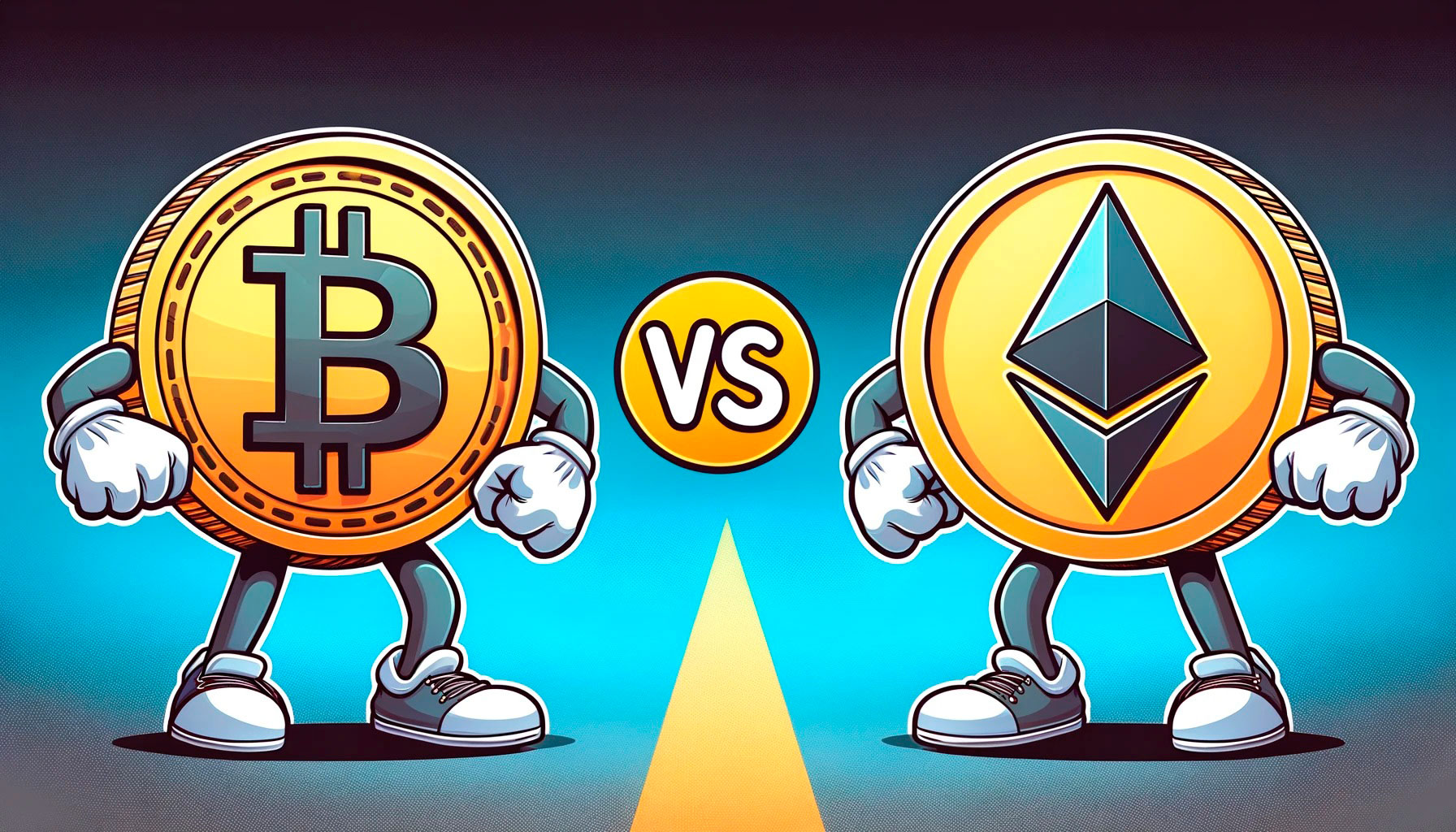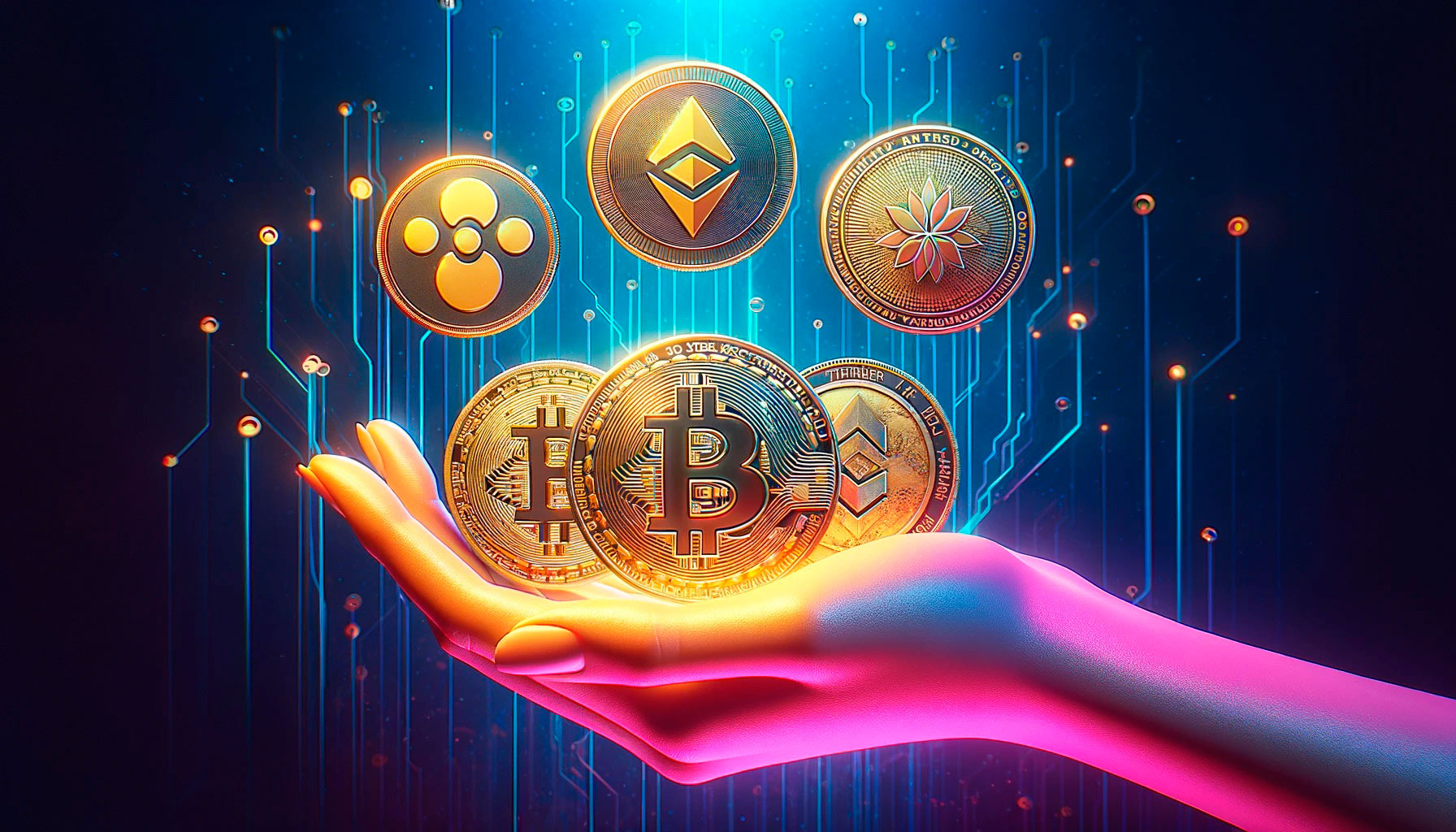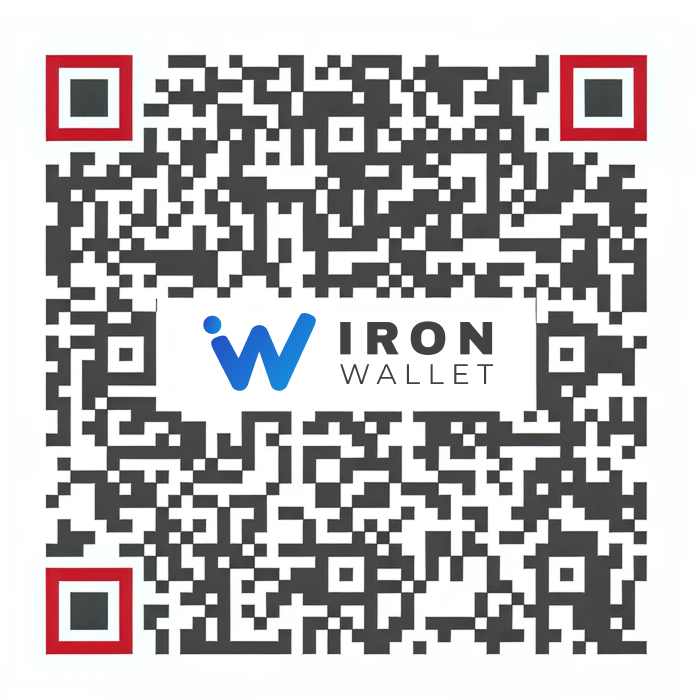Bitcoin vs Altcoins: What Are the Differences?
When Satoshi Nakamoto’s bitcoin white paper first made the rounds in 2008, few could have predicted the cryptocurrency revolution it would unleash. Bitcoin, the pioneering blockchain-based digital currency, has undoubtedly become a household name over the last decade. However, bitcoin’s soaring success has given rise to a vast ecosystem of alternative cryptocurrencies, commonly referred to as “altcoins.”
As bitcoin continues its reign as the largest and most well-established cryptocurrency, a multitude of altcoins have emerged, each aiming to improve upon bitcoin’s underlying technology or introduce novel features tailored to specific use cases. From privacy-focused cryptocurrencies like Monero to smart contract-enabled platforms like Ethereum, the altcoin landscape is vast and ever-evolving.
While bitcoin and altcoins share the fundamental principles of decentralization, immutability, and peer-to-peer transactions, they diverge in numerous ways. Understanding these key differences is crucial for investors, developers, and enthusiasts alike as the crypto space continues to mature and disrupt traditional finance.
This paper delves into the nuances that separate bitcoin from the multitude of altcoins, exploring their technological underpinnings, consensus mechanisms, use cases, and real-world applications. By unraveling these distinctions, we aim to provide a comprehensive understanding of the cryptocurrency ecosystem, enabling readers to make informed decisions and stay ahead of the curve in this rapidly evolving digital frontier.

What is Bitcoin?
Bitcoin is a game-changing digital currency that runs on a decentralized, peer-to-peer network. Created by the mysterious Satoshi Nakamoto in 2008 and launched in 2009, it brought us the concept of blockchain technology.
Basically, Bitcoin is a digital ledger that records transactions in a way that’s transparent, secure, and can’t be changed. Transactions get verified and added to the blockchain through mining, where powerful computers solve tough puzzles. Miners get rewarded with new bitcoins for their efforts.
Thanks to blockchain, Bitcoin doesn’t need middlemen like banks or governments. This allows for direct, secure transfers of value between people without the risk of double-spending or counterfeiting. There’s a hard cap of 21 million bitcoins, making it a deflationary currency, unlike traditional money that can be printed endlessly by central banks.
Bitcoin’s decentralized nature and the privacy it offers attract people who value financial privacy and freedom from government oversight. Its limited supply and rarity also make it seen as a store of value and a potential hedge against inflation, earning it the nickname “digital gold.”
What are Altcoins?
Since Bitcoin came on the scene, “altcoin” has become a common term in the crypto world. It refers to any digital currency other than Bitcoin. Altcoins popped up to meet needs Bitcoin didn’t, bringing variety and innovation to the table.
Altcoins differ a lot in their tech, goals, and uses. Ethereum, with its crypto Ether, introduced smart contracts to automate transactions. Litecoin aimed to be quicker and lighter, while Monero focused on privacy. This variety shows the crypto world is about more than just digital money.
Altcoins keep pushing boundaries by improving blockchains or adding new features. Some use staking, a less energy-heavy way to validate transactions than Bitcoin mining. Others use side chains for better scalability and compatibility with other blockchains.
The altcoin market is fast-paced and can change quickly, offering big profit potential for investors and traders. Factors like tech adoption, partnerships, and regulations can impact altcoin trading. More investors are looking at altcoins for their growth potential and as a way to diversify beyond Bitcoin, though they come with higher risks due to volatility and liquidity issues.
Key Differences
Technology and Consensus Mechanisms
The key difference between Bitcoin and Altcoins is their technology foundations. Both use mining to validate transactions and add new blocks, but their mining processes and consensus mechanisms can vary. Bitcoin relies on the Proof of Work (PoW) algorithm, which requires heavy computation and lots of energy to solve complex puzzles and validate transactions. This results in higher fees and longer transaction times.
In contrast, altcoins might use different consensus algorithms like Proof of Stake (PoS), Proof of Authority (PoA), or Delegated Proof of Stake (DPoS). These methods often offer better scalability, faster transactions, and lower fees. This difference is a major point in the Bitcoin vs. altcoins discussion.
Market Capitalization and Adoption
Bitcoin has the biggest market cap and is the most widely adopted cryptocurrency, accepted by many major companies for products and services. Altcoins, however, have varying levels of market cap and popularity. Some, like Ethereum, Litecoin, and Ripple, are gaining traction, but most still can’t compete with Bitcoin’s global recognition and adoption. Despite these challenges, altcoins show potential and are improving their market share.
Purpose and Use Cases
Bitcoin’s main gig is being a decentralized, peer-to-peer digital currency. It lets people make secure and transparent transactions without needing banks or payment processors in the mix.
Altcoins, on the other hand, often have unique roles beyond just being digital money. Take Ethereum, for example it’s famous for its smart contracts, which power decentralized apps (dApps) and non-fungible tokens (NFTs). Ripple focuses on making cross-border payments and remittances easier, while privacy-centric coins like Monero (XMR) and Zcash (ZEC) are all about keeping transactions anonymous.
Some altcoins tackle scalability issues (like Solana and Avalanche), support decentralized finance (DeFi) apps (such as Binance Coin and Uniswap), or help create decentralized autonomous organizations (DAOs) (think Tezos and Cardano). This variety of purposes is why there are so many altcoins, each filling a specific niche or trying to fix what Bitcoin can’t.
Decentralization and Control
Bitcoin is all about being decentralized. No single authority controls its development or makes the big decisions. Instead, the rules are set by the collective efforts of miners, node operators, and the entire Bitcoin community, ensuring that no one entity can change things on their own.
But with some altcoins, it’s a different story. They can be more centralized, with a few developers, foundations, or companies having a big say in how things are run. Take Ripple, for example Ripple Labs has a lot of influence over the Ripple (XRP) network. The Ethereum Foundation plays a huge role in steering Ethereum’s development.
This centralization can be a bit of a trade-off. On one hand, it means decisions and upgrades can happen faster and more smoothly. On the other hand, it introduces potential weak spots and raises questions about how truly decentralized these networks really are.
Volatility and Risk
Cryptocurrencies are infamous for their wild price swings, driven by speculative trading, changes in regulations, and market vibes. Bitcoin, though, tends to be a bit more stable compared to many altcoins because it’s got a bigger market cap, more liquidity, and wider adoption.
Altcoins, especially the smaller ones with less trading volume, are usually much more volatile. They’re more prone to market manipulation, speculation, and the whims of big holders (aka whales). This higher volatility can be risky for investors but also offers chances for big gains or losses.
Plus, many altcoin projects are still pretty young and untested, which adds extra risks like undiscovered bugs, regulatory issues, and the chance that a project might just fizzle out. So, investing in altcoins often means you need a higher tolerance for risk and should do more homework compared to investing in the more established Bitcoin.
The Altcoin Scene: Key Players

The altcoin market is huge and varied, but a few big projects have really taken off:
1. Ethereum (ETH)
Ethereum is a decentralized computing platform that lets you create and run smart contracts and dApps. Its native crypto, Ether (ETH), powers the Ethereum network and handles transactions in its ecosystem.
2. Ripple (XRP)
Ripple (XRP) is a real-time gross settlement system (RTGS) designed for cross-border payments and remittances. Its native coin, XRP, makes transactions within the Ripple network super fast and cheap.
3. Litecoin (LTC)
Often called the “silver to Bitcoin’s gold,” Litecoin is a peer-to-peer cryptocurrency that aims to speed up transaction confirmations and boost storage efficiency compared to Bitcoin.
4. Bitcoin Cash (BCH)
Bitcoin Cash is a spinoff from the original Bitcoin blockchain, created to increase the block size and improve scalability for faster and cheaper transactions.
5. Cardano (ADA)
Cardano is a decentralized public blockchain platform focused on security, scalability, and sustainability. Its native coin, ADA, is used for transactions and network governance.
Why Bitcoin Rocks
Bitcoin’s got a lot going for it thanks to being the first on the scene. It’s widely recognized and has strong network security. As the most liquid and accepted cryptocurrency, Bitcoin is relatively stable compared to many altcoins. Its decentralized nature and limited supply also make it a good hedge against inflation and government interference.
Why Altcoins are Awesome
Altcoins bring a bunch of cool features to the table. They offer innovations, better scalability, and cater to specific use cases. Some focus on privacy, others on faster transaction times or being more energy-efficient. Plus, with their smaller market caps, altcoins can potentially give early investors bigger returns, though with more risk involved.
Wrapping Up
The crypto world is always changing, with Bitcoin and altcoins playing different roles in the decentralized finance space. Bitcoin is still the go-to standard and a solid store of value, while altcoins keep pushing the boundaries of blockchain tech, offering new solutions and addressing specific needs. As the crypto universe grows, knowing the differences between Bitcoin and altcoins is key to making smart decisions and staying on top of the digital currency game.
Safe Storage with IronWallet Mobile Cold Wallet
IronWallet is an innovative mobile cryptocurrency non-custodial wallet, designed to keep your digital assets safe and secure. It introduces a groundbreaking feature that allows users to record their seed phrase directly onto a physical card using the IronWallet app, effectively transforming it into a true cold wallet. Available on both Android and iOS, IronWallet ensures that private keys and seed phrases are securely stored on the user’s device, accessible only when needed for transaction signing. This security is bolstered by double key encryption and optional biometric protection, providing an unparalleled level of safety for your crypto assets.
Advantages of IronWallet
- Non-custodial and Secure: Private keys and seed phrases are stored securely on the user’s device, ensuring full control and enhanced security.
- Cold Wallet Feature: Ability to record seed phrases to a physical card for secure access to crypto assets, making it a true cold wallet.
- Double Key Encryption: Ensures the usage of private keys only at the moment of transaction signing.
- Biometric Protection: Optional biometric security adds an extra layer of protection.
- Multi-language Support: Available in 20 different languages, making it accessible globally.
- Comprehensive Wallet Management: Full view of transaction history, ability to create multiple separate wallets, and customizable tracked cryptocurrency lists.
- Integrated dApps and WalletConnect: Supports interaction with decentralized applications and WalletConnect.
- Innovative TRX20 Transactions: IronWallet has developed technology that allows TRX20 tokens to be sent on the Tron network with fees paid within the token itself, addressing the issue of paying network fees without having TRX.
- Gasless Stablecoin Transactions: Allows sending PYUSD, USDT, and USDC on the Tron and Ethereum networks without gas fees.
- 24/7 Customer Support: Provides round-the-clock assistance to users.
IronWallet stands out as a secure, reliable, and user-friendly solution in the ever-evolving world of cryptocurrency, ensuring the safe storage and management of your digital assets.










